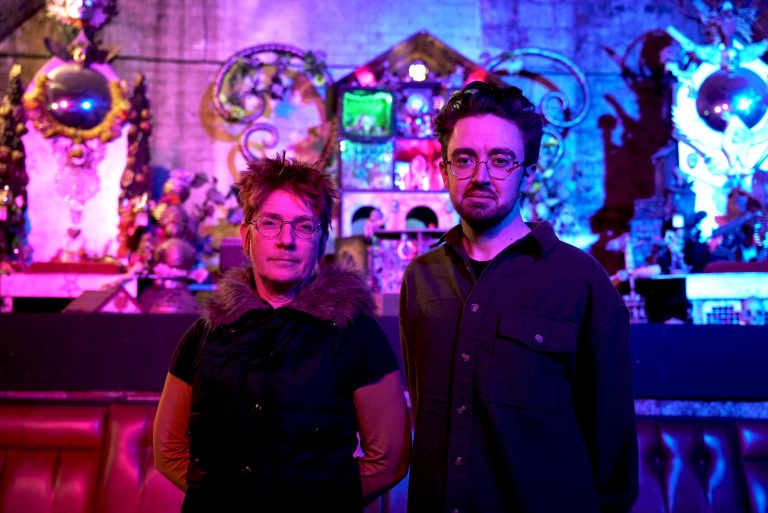Bristol venues brace for another challenging winter in face of energy and cost of living crises

The news earlier this autumn of a Cornwall pub introducing candlelit dining to cut energy costs should come as little surprise.
Hospitality businesses were already under pressure from Covid forcing them to close and Brexit seeing off huge swathes of their workforce. Now, the energy and cost of living crises are posing the latest threat.
“Just over the road, Jamaica St Stores closed and they said it’s because of getting their energy bills through,” says Liam Stocks, manager of The Canteen in Stokes Croft. “At our other site, The Old Market Assembly, it’s more than doubled. For a little gastropub or something like that, it’s just not possible.”
He worries that restaurants are particularly vulnerable to increasing costs, with gas burners on all day and suppliers raising their prices.
“Our spirits have gone up way over 15% in the last six months, the price of beer went up by 10% over the last week,” Stocks says. It’s putting pressure on his profit margins, which were already slim, he says, because the business prioritises better quality local produce and a real living wage for staff.
‘Our energy bills have quadrupled’
It’s a similar story at the Bristol Old Vic. The oldest theatre in the English speaking world has seen its energy bills almost quadruple, while box office takings – the main source of revenue – have decreased by 20% to 30% since the pandemic.
“Last year our energy bills were around £47,000 a year, now they’re looking to top £200,000,” says executive director Charlotte Geeves. “It has a big effect on what we can offer to productions, but we’re determined to not pass these costs onto our customers. We know that everyone is facing a cost of living crisis and expecting people to pay more is not the right thing to do.”
Being a grassroots organisation with very little funding, we’re in a really hard place.
Abi Hill, Loco Klub
Loco Klub, the maze of tunnels under Temple Meads, is a joint venture with theatre collective the Invisible Circus and sustains itself by renting the venue out. Now it is facing not only an increase in energy bills, but the Passenger Shed above is in such a state of disrepair that the upstairs has been unusable for over a year due to leaks.
“The roof leaks are now starting to affect downstairs,” says venue manager Abi Hill, who conservatively estimates the financial loss of the closure upstairs at £3,000 a weekend. “That’s what’s keeping me awake more than the electric – how many hundreds of thousands of pounds we’ve lost.”
Added to this is the risk of fewer customers this winter as the cost of living crisis bites, and the fear that she won’t be able to raise staff wages despite wanting to match inflation. “Being a grassroots organisation with very little funding, we’re in a really hard place.”
Searching for solutions
The team at Loco Klub is in the process of swapping out their lighting and other equipment for more energy-saving options, but Abi knows it’s not enough. A solution she’s more interested in is collective purchasing power.
She found out about an initiative from the government’s procurement organisation, Crown Commercial Service, which is open to third-sector nonprofits like Loco Klub, which can band together to collectively purchase electricity at much lower prices than the market rate. It’s something the Loco Klub team plan to apply for in a future round.
The team at the Old Vic count themselves lucky to have enough cash reserves to see them through a couple more tough years, and with a push towards renewables seeming like one of the few viable options, the theatre is now looking to diversify its energy sources.
“We’ve been looking at installing solar panels on the roof – this would earn us around £250,000 over a 25 year period – mostly through savings but also in a small amount of dividends,” says Geeves.
Ultimately, she acknowledges, the government’s support package for businesses with energy costs – which started in October and will last for six months – makes it hard to plan beyond the short-term. “The current support is great, but we need to know what’s going to happen beyond that so we can prepare ourselves,” Geeves says.
A Network Rail spokesperson said the company has been doing extensive surveys to assess the structural condition and fire safety of the Passenger Shed, and is working on securing Listed Building Consent for repairs.















